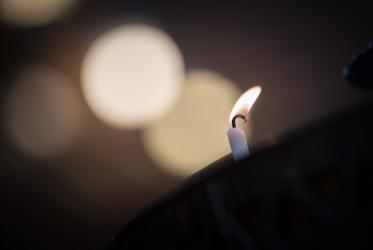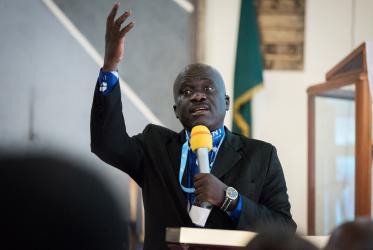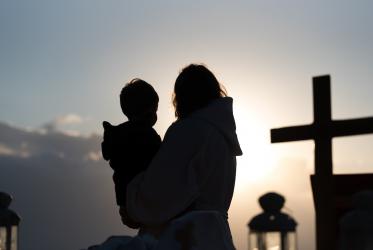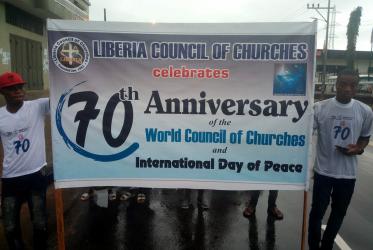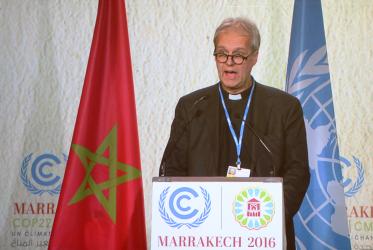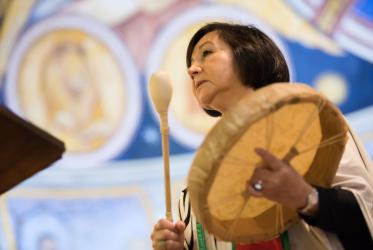Displaying 1 - 20 of 29
10 September 2023
WCC contributes to contextual theologies course in Morocco
26 February 2019
Thursdays in Black flourishes in Liberia
07 February 2019
Liberia hosts event commemorating the WCC’s 70th anniversary
01 October 2018
Ecumenical Patriarch: Survival of God’s creation is at stake
17 November 2016
Faith groups march for climate justice
15 November 2016
COP22 media pack available from ecumenical groups
10 November 2016
Faith communities explore concrete climate action at COP22
10 November 2016
Advocates urge transition to low-carbon economy, clean energy
09 November 2016
Preventing incitement to violence which could lead to atrocity crimes in Africa
09 - 11 May 2016
Addis Ababa, Ethiopia
